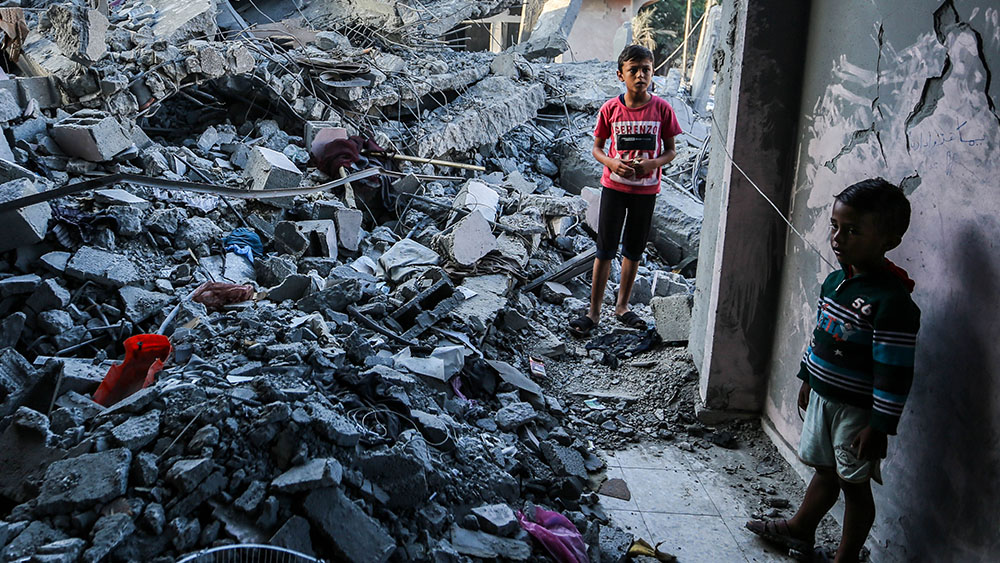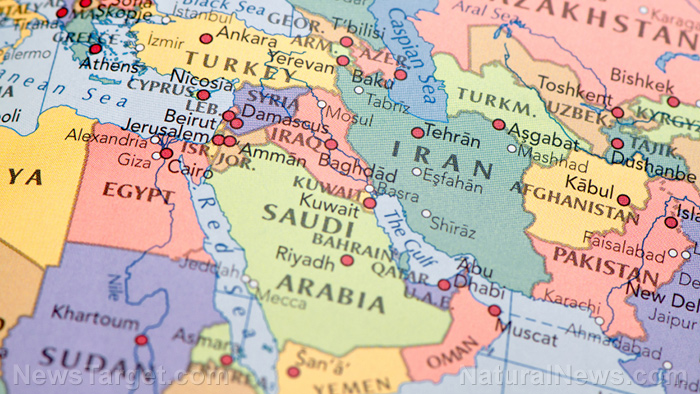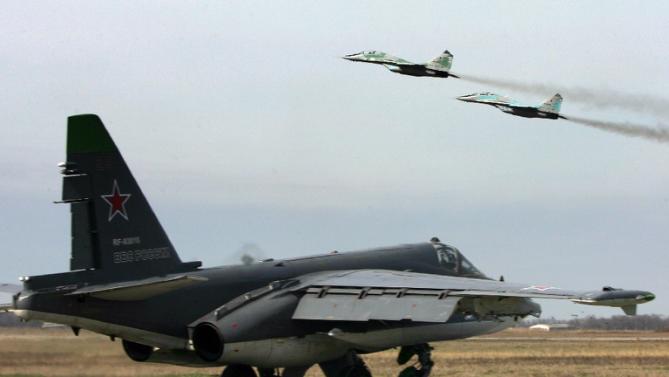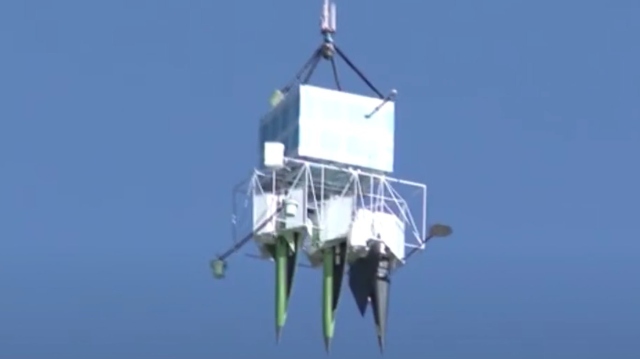Yemeni Houthis claim responsibility for attacking Norwegian-flagged oil and chemical tanker with guided missiles
12/15/2023 / By Belle Carter
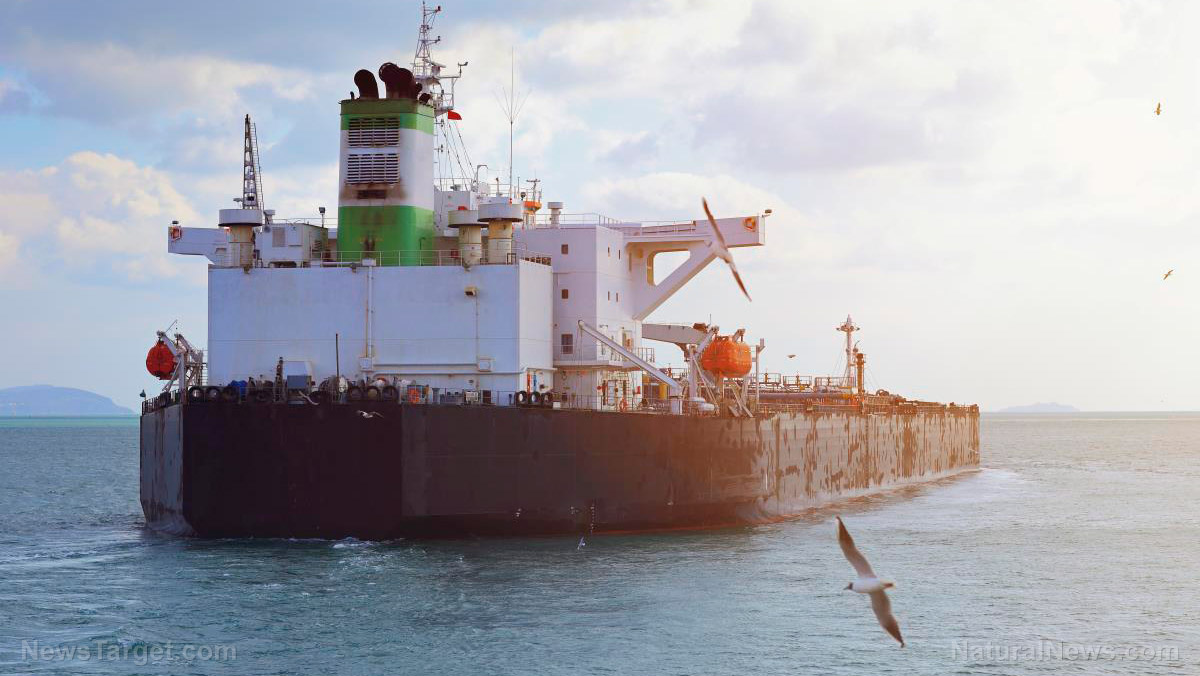
Yemen’s Iranian-backed Houthi rebels admitted that they targeted a Norwegian tanker with an Anti-Ship Cruise Missile (ASCM), a guided missile designed for use against ships and large boats, in their latest attack on ships to protest against Israel’s bombardment of Gaza.
The U.S. military reported that the guided missile was launched as the Norwegian-owned-and-operated ship, Strinda passed the Bab el-Mandeb Strait in the Red Sea. The said attack led to a fire on board. Fortunately, no casualties were reported at the time. “All crew members are unhurt and safe,” said Geir Belsnes, the CEO of Strinda’s operator, J. Ludwig Mowinckels Rederi. “The vessel is now proceeding to a safe port.”
Houthi spokesman Yahya Saree said that the naval forces of the Yemeni Armed Forces carried out the qualitative military operation against the Strinda, which was loaded with vegetable oils and biofuel. He warned that Houthis would continue blocking all ships heading to Israeli ports until Israel allows the entry of food and medical aid into the beleaguered enclave.
Meanwhile, United States Central Command (U.S. CENTCOM), which reported that the strike happened around midnight local time (21:00 GMT), also said in a statement that no U.S. ships were in the vicinity at the time of the attack, but that U.S. Navy destroyer USS Mason was there and provided aid. The French military later said it had shot down a drone that was targeting the Strinda, to prevent the vessel from being diverted from its course.
CENTCOM Statement on missile attack in the Bab-el-Mandeb
At around 4 p.m. EST on December 11, the Motor Tanker STRINDA was attacked by what is assessed to have been an Anti-Ship Cruise Missile (ASCM) launched from a Houthi controlled area of Yemen while passing through the… pic.twitter.com/OJDoubAU2D— U.S. Central Command (@CENTCOM) December 12, 2023
The Strinda, an oil and chemical tanker, was on its way to Italy, coming from Malaysia via the Suez Canal, according to ship-tracking data. The vessel is part of the fleet of Bergen-based shipping firm Mowinckels Rederi, its website indicates. It was not immediately clear whether the ship had any ties with Israel.

The Houthis have stepped up attacks against vessels in vital shipping lanes since the Israeli attacks on the Gaza Strip. They are part of several groups in the Iran-aligned “Axis of Resistance” that have been aiming at Israeli and U.S. targets since their Palestinian ally Hamas attacked Israel.
During the first week of December, three commercial vessels came under attack in international waters, prompting a U.S. Navy destroyer to intervene. The Houthis also seized last month a British-owned cargo ship that had links with an Israeli company. The United States and British governments have condemned the attacks on shipping, blaming Iran for its role in supporting the Houthis. Tehran says its allies make their decisions independently. (Related: U.S. warship, commercial vessels UNDER ATTACK in Red Sea, Pentagon confirms.)
Saudi Arabia asks U.S. to hold back in responding to Houthi attacks
Saudi Arabia has already asked the United States to show restraint in responding to Houthi attacks against ships in the Red Sea as Riyadh seeks to contain spillover from the Hamas-Israel war.
Two sources familiar with Saudi thinking said that the world’s top oil exporter has watched with alarm as Houthi missiles have been fired over its territory. With the Houthis stepping up attacks on shipping over the past weeks, Riyadh’s message of restraint to Washington aimed to avoid further escalation. The Middle Eastern nation was so far pleased with the way the President Joe Biden was “handling the situation,” the sources added. “They pressed the Americans about this and why the Gaza conflict should stop,” one of the sources said.
Both the White House and the Saudi government did not respond to an emailed request for comments on the discussions.
Meanwhile, sources said Saudi Arabia is seeking to advance the Yemen peace process even as war rages in Gaza, worrying it could be derailed. Yemen has enjoyed more than a year of relative calm amid direct peace talks between Saudi and Houthi officials.
Senior sources in the Iran-aligned camp told Reuters the Houthi attacks were part of an effort to put pressure on Washington to get Israel to halt the Gaza offensive, a goal that Iran shares with Saudi Arabia and other countries in the region. One of the sources said the rebel group’s representatives had discussed their attacks with Iranian officials during a meeting in Tehran in November, agreeing to carry out actions in a “controlled” way that would help force an end to the Gaza war. Another of the sources said Tehran did not seek “all-out war in the region” that would risk drawing it indirectly.
Check out Chaos.com for updates on the escalating Middle East conflict.
Sources for this article include:
Submit a correction >>
Tagged Under:
ASCM, attack, Bab el-Mandeb Strait, big government, CENTCOM, chaos, dangerous, Horn of Africa, Houthi, insanity, Iran-backed rebels, Israel, Israel-Hamas war, Middle East, military tech, national security, Norway, panic, Red Sea, Strinda, terrorism, US military, violence, warship, weapons technology, WWIII, Yemen
This article may contain statements that reflect the opinion of the author
RECENT NEWS & ARTICLES
COPYRIGHT © 2017 WEAPONSTECHNOLOGY.NEWS



